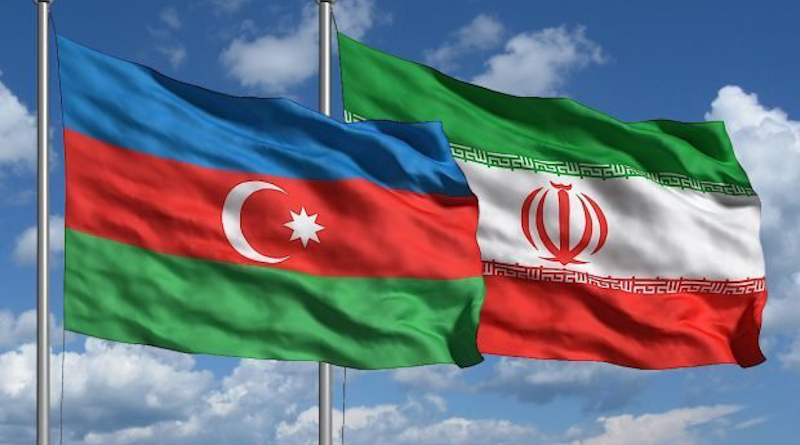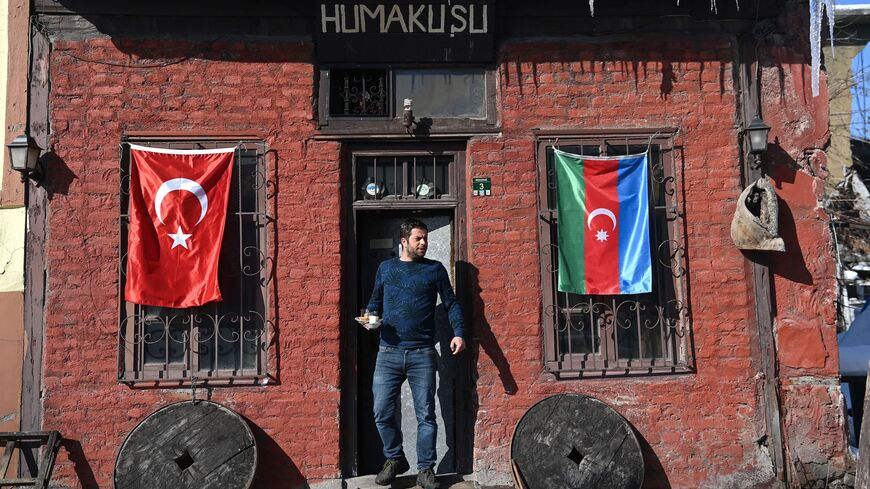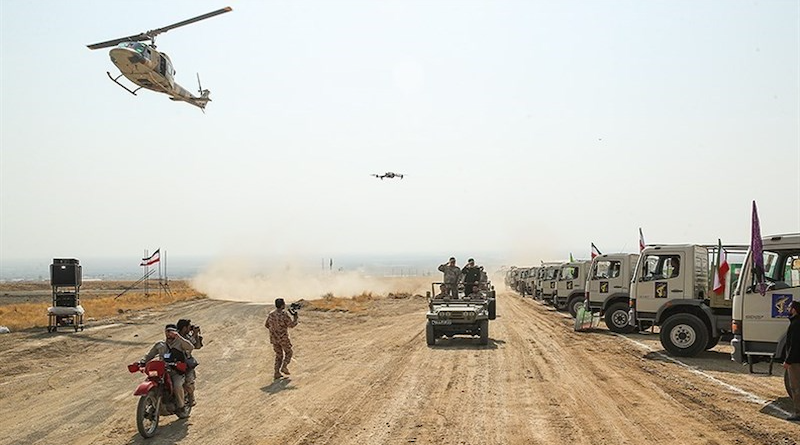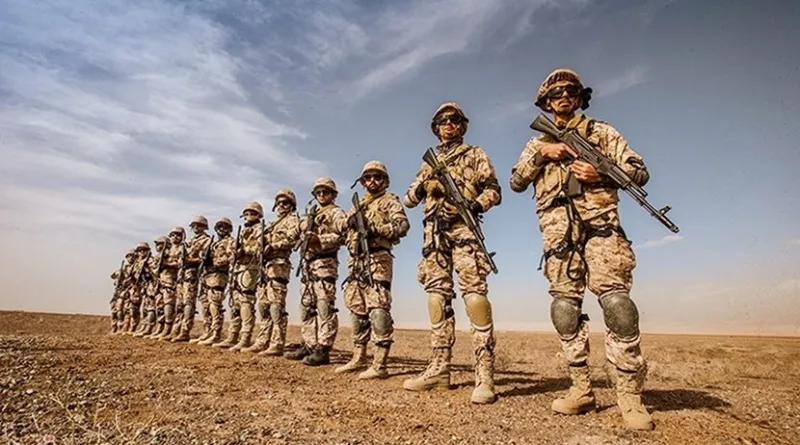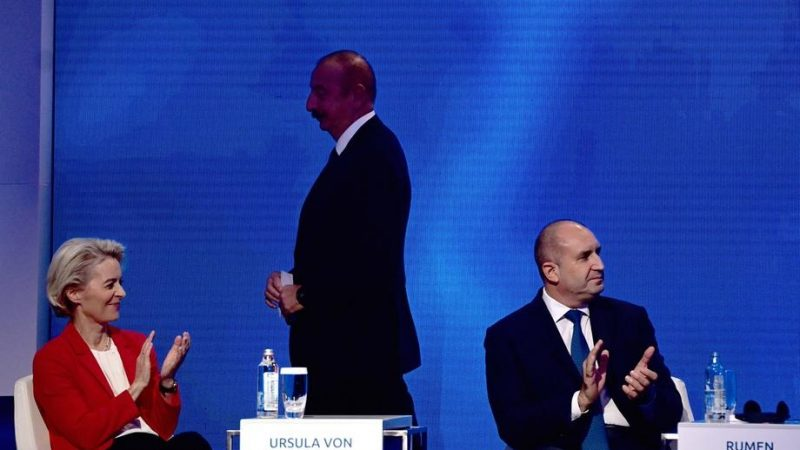Chechnya’s Kadyrov Raising Military Unit Based On Sufi Order Not For Ukraine But For Use In North Caucasus – OpEd
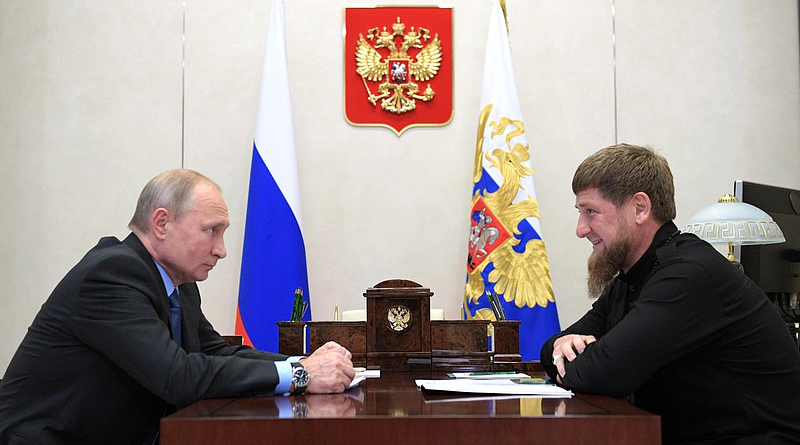
Reports last month that Ramzan Kadyrov was organizing a military force based on the Batal-Haji wird of a Sufi order for use in Ukraine were disturbing enough given that the Chechen leader was doing so on under the terms of Putin’s mobilization order (windowoneurasia2.blogspot.com/2022/11/russian-officials-accuse-influential.html).

